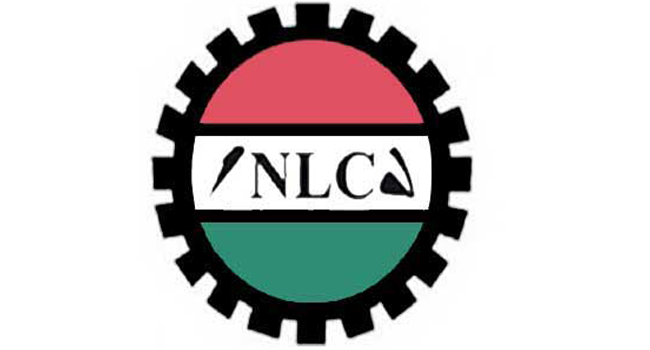Strong indications emerged Tuesday that majority of Nigerian manufacturers of bottled soft drinks, who had been suffering poor sales following the closure of Nigerian land borders may be in for another policy crisis as Federal Government plans fresh tax on the market segment.
Checks at several land borders through indigenous firms export their wares by roads have continued to be littered with loaded trucks that cannot cross the borders.
During an undercover tour weekend, rotten odour ooze out from some trucks and upon inquiry, some of the drivers complained that many of their wares loaded in trucks that are perishable had gone bad due to endless wait at the borders.
Nigeria is home to manufacturers of differ et brands of carbonated drinks and many of them have ECOWAS markets as their key marketing zones, but border closure in the last two months have dropped their distribution networks to West coast markets.
Already, the leaderships of Nigeria Employers Consultative Association (NECA), Lagos Chamber of Commerce and Industry (LCCI) and some economists gave this warning in separate reactions to the FG’s plan as revealed by the
Latest fears came from the presentation of Zainab Ahmed, the Minister of Finance, Budget and National Planning, in Washington DC, United States last week on the sidelines of the 2019 annual meetings of the International Monetary Fund/ World Bank.
She had disclosed that the new Soft-Drink tax as well as the additional Value Added Tax (VAT) on imported goods was meant to increase the government’s revenue generation.
In their different responses, whereas the DG of NECA, Timothy Olawale is of the view that the planned tax on non-alcoholic beverages will frustrate many out of business, “The jobs of about 250,000 people working directly and indirectly in the industry would come under threat.”
According to him, “In our considered opinion, reintroduction of excise tax on non-alcoholic beverages should not be the case. With the myriad of taxes and levies already being paid by businesses, the reintroduction of excise in a sector with high price elasticity means that government is desirous of killing businesses in the sector completely.
“Once prices are increased, consumers will push back, resulting in sharp decline in demand. With the planned increase in VAT, the introduction of excise will further burden operators in the sector with the following consequences: low demand leading to unsold products; incomes squeeze on businesses that are already struggling with low margin and massive staff layoff, which will affect over 250,000 direct and indirect employees in the sector among others.”
On his part, the DG of LCCI, Muda Yusuf argued that such tax coming without prior notice to manufacturers would negatively affect both manufacturers and consumers.
Yusuf averred that “Any imposition of tax on carbonated drinks will definitely affect the demand for such products. Such imposition of tax would be another tax apart from the excise tax already paid by the manufacturers of such products.
“Ultimately, the demand for such products might drop due to the attendant increase in price that might occur. Those who could buy would buy at a higher price.”
He added that the rascality with which the Federal Government is coming up unannounced with strange tax regimes is making nonsense of ease of doing business mantra of the administration after all.









